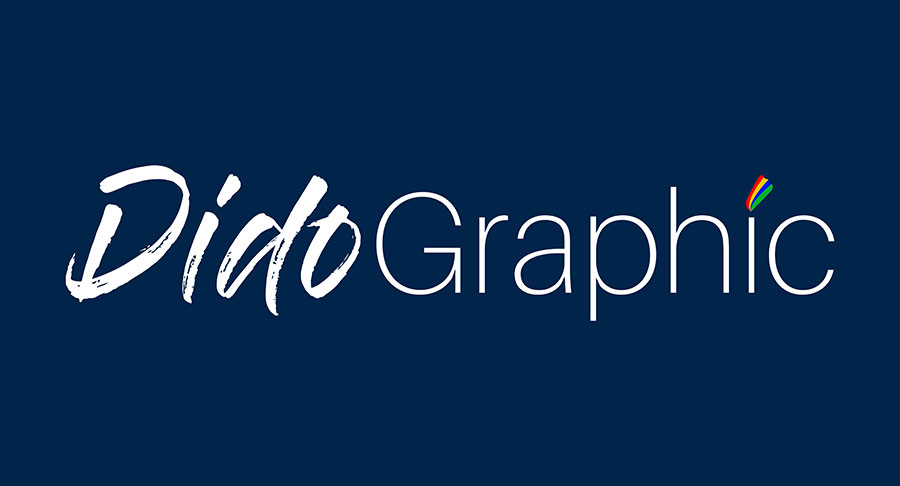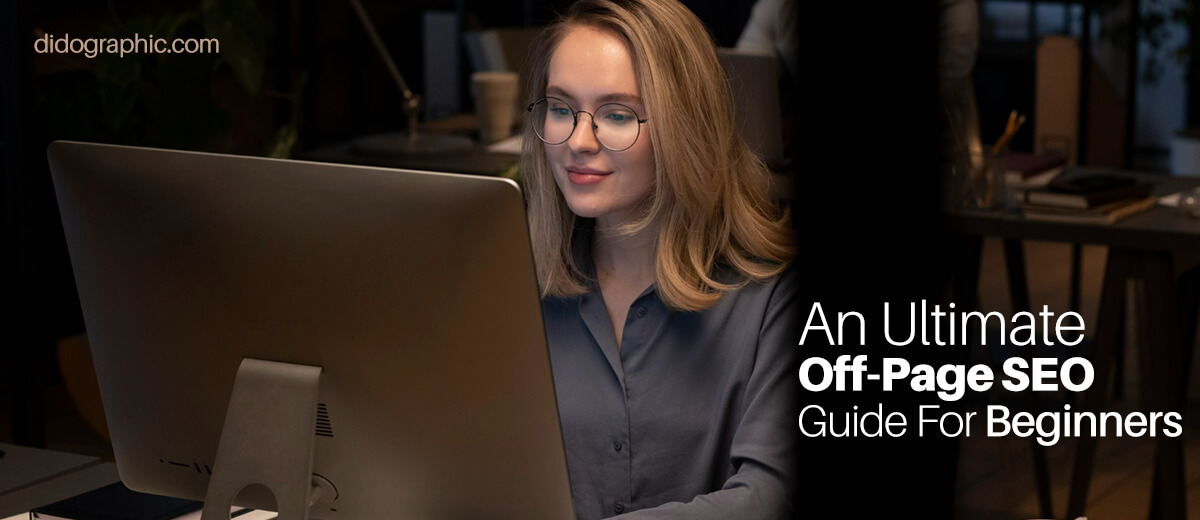An Ultimate Off-Page SEO Guide For Beginners In India - 2023
If you are on the expedition to learn Off-Page SEO, then you are definitely at the right place. This ultimate Off-Page SEO guide for beginners includes everything you need to know about the concerned topic.
Undoubtedly, off-page SEO plays a significant role in all your SEO efforts. To make your website rank on the very first page of Google, you will have to go further than implementing on-page SEO techniques. There are some activities that you need to perform outside your website. And such activities fall under off-page search engine optimization, which mutually helps to value your website on Google.
Let us start with an example to make it easy for you to understand Off-Page SEO.
You have a brand new outstanding car with the most refined engine. You want it to hit the road and drive it like a ghost rider.
But then you hit the pedal, and oops, the fuel is empty. Story ends.
In this example, the engine boosters resemble the On-Page SEO of your website, and the fuel, of course, is off-page.
So, what it means is both on-page and off-page aspects are unavoidable to help your website rank higher on Google, and you can't run your website without either of them. And in this ultimate Off-Page SEO guide, you will learn all the essential aspects you should consider while performing off-page optimization of your website.
What is Off-Page SEO?
Off-Page SEO refers to steps taken and efforts implemented outside the website to improve the rankings; that is why we also call it off-site SEO. The process includes taking steps to improve the end-user perception of the website and its popularity and trying to improve the trustworthiness of the website.
When we talk about Off-Page SEO, it often correlates with link building, but there are far more practices that you can implement if you want to enjoy a competitive advantage.
Off-Page SEO includes link building, content marketing, brand building, social media, etc.
However, you must note that off-page SEO solely can not help your website rank. You will have to combine off-page SEO with on-page and technical SEO to succeed.
Why Is Off-Page SEO Important For Your Website?
Off-Page SEO adds value to the credibility of your website. When more reputed brands in your industry mention your page in their content, it can exceptionally improve your website's authority and increase your brand's popularity.
Off-Page SEO matters because a website lacking citations from other websites resembles a site not worth crawling and indexing.
Because off-page SEO ranking factors, like links, help to measure how important a website is, and not getting any links from other websites may well contribute to stagnant search traffic.
As discussed above, it is more like a car with no fuel.
The most accurate description of why off-page SEO is important is that it provides forward momentum to a website by helping it to rank higher for more keywords.
Let us look at the importance of Off-Page SEO through the lens of Google.
Google PageRank Still Works
Google has a PageRank system that prioritizes pages with incoming links(backlinks). And the same system also looks into the pages that use the link.
Today, this metric is no longer visible to users. And Google removed it from Google Search Console almost more than a decade ago. But PageRank still works behind Google's ranking algorithms, as Gay Illyes of Google mentioned in his 2017-tweet.
And it means that backlinks form a significant part of your page's ranking.
Reputation Research of Google
Search Evaluator Guidelines by Google reveal a lot about reputation research.
Google says, "Use reputation research to find out what real users and experts think about a website. Look for reviews, references, recommendations by experts, news articles, and other credible information created/written by individuals about the website.
User reviews are often valuable sources of a reputation for websites that offer products or services. You may consider many detailed, trustworthy, positive user reviews as evidence of a positive reputation."
It clearly indicates that the Google search engine considers external perception to evaluate rankings.
Top Ranking Pages Get More Backlinks And Shares
Web pages with higher rankings on Google are more likely to get backlinks. It is said that pages at the first position get "followed backlinks" at a pace of between +5% and +14.5% per month."
And if your page constantly ranks on the first page, you will also gain more social mentions.
TYPES OF BACKLINKS IN SEO
There are two types of backlinks in SEO:
Dofollow
A do-follow link helps in search engine optimization by passing the authority from the originating website to the destination website. The passing of authority from one site to another is referred to as link juice, which is highly beneficial for the website acquiring it.
Link juice helps in improving the authority and trustworthiness of the website and also improves the keyword rankings. By default, backlinks are do-follow in nature.
Nofollow
A no follow link does not pass authority to the website it is linking to. If considered in terms of SEO, Nofollow links are not advantageous. To make a link nofollow, you can add rel= "nofollow" to the code when you link to a website.
For some links on your website, you need to tell Google about your relationship with the webpage you're linking to. You can do it by using one of the "rel" attribute values in your URL code.
Sponsored
You can use the rel=sponsored attribute for paid link placements and advertisements.
The rel=ugc tag is generally used for content generated on forum posts and comments.
Links And Off-Page SEO
Link building is considered the heart of off-page SEO. Search engines generally use backlinks as indications of the linked-to content's quality. Hence, a website that has many high-value backlinks will rank higher than another equal website with fewer backlinks.
There are three main types of backlinks mentioned below based on how they were earned:
Natural Links
Natural links refer to such links that are editorially given without any action taken on behalf of the page owner. For example, when a food blogger adds a link to a post that points toward their favorite product is a natural link.
Manually Built Links
These links are acquired using on-purpose performed link-building activities. It includes things like asking influencers to share your content or getting customers to link to your website.
Self-Created Links
Self-created links are those created by practices such as adding a backlink in a forum, online directory, press release or blog comment signature with optimized anchor text. Some practices related to self-created links tend towards black-hat SEO and are not liked by search engines, so you have to be careful here.
Regardless of how links were obtained, the links that offer the most significant contribution to search engine optimization efforts are generally those that pass the most link equity. There are several signals that positively contribute to the equity passed, such as:
- The linking site's popularity
- The "freshness" of the link
- How related the linking site's topic is to the website being linked to
- The anchor text used on the linking site
- The number of other links on the linking page
- The trustworthiness of the linking site
- Authority of the linking domain and page
Internal Links
Internal links refer to those links that redirect you to another webpage on the same domain. These links on your website help users to stay longer and spend more time on your website.
External Links
External links, also known as outbound links, are such links that take you to another domain from one. External links are added to the webpage content to explain further a topic covered on the page.
These links play a significant role in achieving search engine rankings and can't be unfairly controlled.
External links usually pass link juice from one website to another. Getting backlinks from high-authority websites to a web page can help Google and other search engines identify the content's worth. Thus, adding links helps low-authority websites to move up in the search engine results.
Non-Link-Related Off-Page-SEO
While link building is significant for Off-Page SEO, there are many other practices and strategies that you can use outside your website to boost its rankings.
Such activities include guest blogging, social media marketing, content marketing, unlinked brand mentions, etc. These activities help to create references from your website from reputed sources on the web.
When we talk about local off-page SEO, worth-of-mouth marketing is considered equivalent to non-link-related off-page SEO.
Do Links Help In Building Authority or Domain Authority?
If we talk about per Google search engine, it doesn't mention any metric corresponding to authority.
But as per some SEO professionals and experts, backlinks can help to build authority. However, backlinks are one of the most important indicators that show Google and other search engines that your content and website are trustworthy.
Additionally, backlinks from high-authority websites show that your content is share-worthy and authoritative. Even though from the perspective of Google's SEO, there is no automatic or direct relation between authority and backlinks, lots of important research show they help build authority over time.
How Do You Build Domain Authority With Backlinks?
When you want to build your domain authority, having relevant, helpful, and informative content on your website is a solid strategy.
But you can also do other things to give your website an extra edge, including using backlinks.
As mentioned above, when other websites link to your website, it is referred to as a backlink. Backlinks generally act as referrals from other websites that pass link juice, using them to prove your domain authority.
Essentially, backlinks build authority.
Most Popular Off-Page SEO Techniques - The Ultimate Off-Page SEO Guide For Beginners
If you have already done the on-page search engine optimization of your website and getting started with Off-Page SEO, then the most popular off-page SEO techniques can help you at their best. Let's dive into the guide.
Link Building
Link building is evidently the backbone of any off-page SEO strategy. The main aim of link building must be to earn links from high authority and reputed websites, while the focus should be on quality over quantity.
You should analyze the link gap between your and your competitor's websites. However, you must note that getting links from high-authority websites is more challenging than it seems.
Continue reading by clicking Here


Comments
Post a Comment